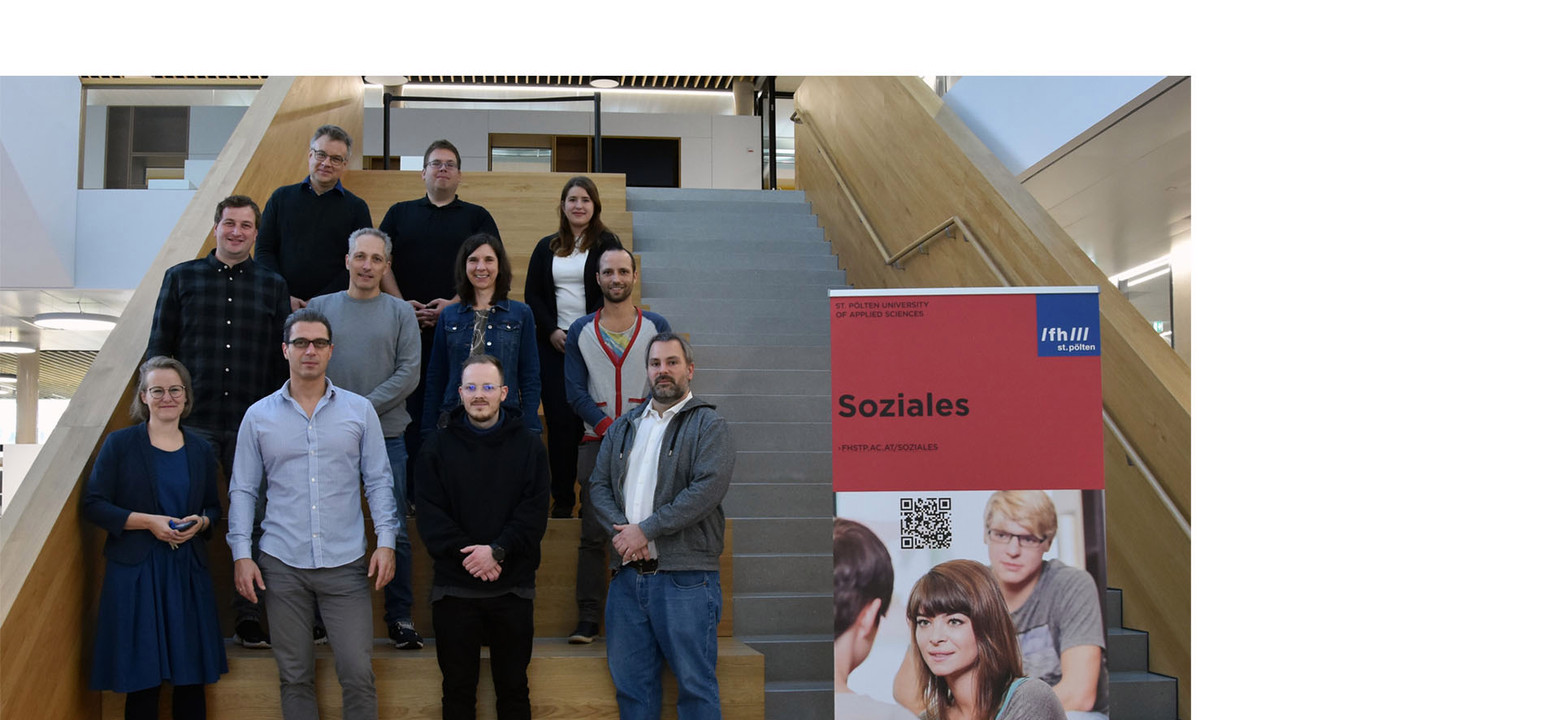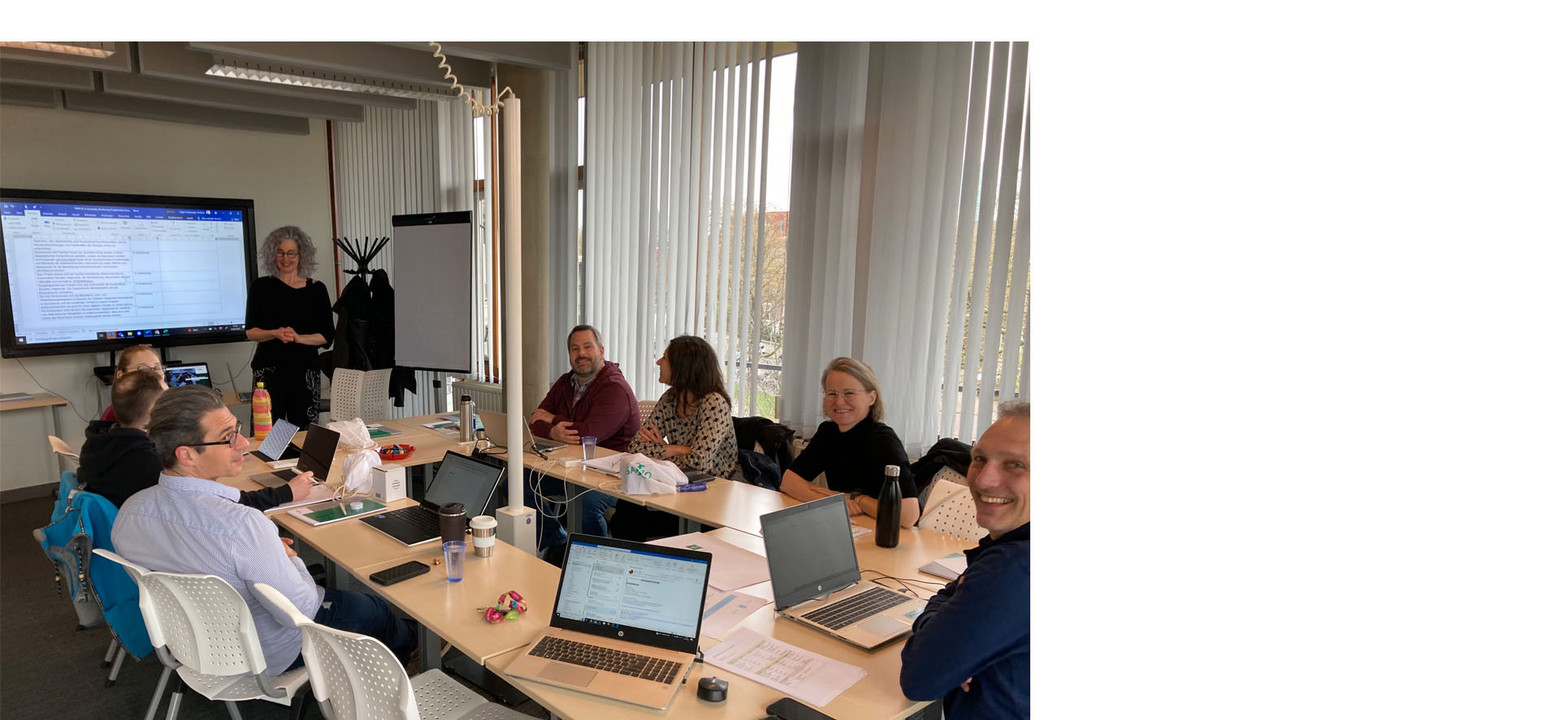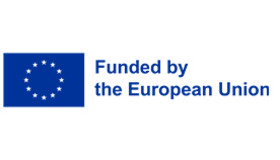TransSoDia Project: international cooperation for information and teaching materials in social diagnostics
Christian Schwital is a lecturer at the School of Social Work. He has developed along with St. Pölten University of Applied Science in Austria and Kiel University of Applied Science in Germany, information and teaching materials for social work lecturers, students and the professional field. He is happy to tell us about the Erasmus+ project TransSoDia, the international cooperation and the contribution of Saxion students.
What is the TransSoDia project and what have you developed?
TransSoDia stands for “Transnational Social Diagnostics”. A project for the social work profession that we worked on together with partner universities St. Pölten and FH Kiel. As part of the project, we have developed materials to support lecturers, students and social workers in acquiring knowledge and skills in the field of network diagnostics and biographical diagnostics. These include manuals, articles, videos, podcasts and discussions with experts.
Our students really get added value from it. For example, videos with conversations and discussions, but also explainer videos. We have materials available for lectures and application exercises as well. We aim to embed the teaching of the further developed concepts and tools into our curricula in the long term.

Networking meeting in St. Pölten
Why is the project important to social work students?
Interdisciplinary and international cooperation will become even more relevant in the future than it is now. The world is becoming more complex and therefore requires a broader analysis that does justice to this complexity. Our students want to help their clients as best they can. The ability to make a social diagnosis is therefore of huge importance. The project has enabled students and colleagues to further professionalise their skills.
A social diagnosis serves as a starting point for interventions and therefore deserves being looked at professionally in great depth. Without a sound social diagnosis, the care process cannot be optimally stabilised. Our students are now familiar with the tools and use them in practice. As our world becomes increasingly digital, it’s important to keep up to date. But it's not just about digital tools. Ultimately, it is decisive in finding which method best suits the client. Not the other way around.
How was the cooperation with St. Pölten and Kiel University of Applied Science?
We have been in contact with St. Pölten for years, including through Erasmus+ and joint activities such as workshops and conferences. I didn’t know Kiel University of Applied Science. Only one professor, because he has had a lot of professional literature published. Coincidentally, I was sitting next to him during the first project meeting.
The various requirements were a bit complicated to start with. Saxion has an applied social work programme with a good theoretical basis. The study programme at St. Pölten is much more theoretical and Kiel was very theoretical and demanding, but informal in communication. At the start there were controversial discussions. But eventually we found each other.
The impact on the professional field and therefore on our clients can be enormous and for me that is one of the goals of social work: to create the best possible help and support people in their well-being.

The TransSoDia project team at work
Were the Saxion social work students involved in the project?
Our students have always been involved in the TransSoDia project. For example, they tested the tools and participated in evaluations. This gave us very important feedback. I also had students read the video scripts. That was very interesting, because what I thought was logical, the students sometimes saw differently.
In the end, all project results are co-productions. Without our students, none of this would have been possible. They were a massive support to me throughout the duration of the project. Whether it was the official evaluations and testing tools or just having coffee together and exchanging ideas. That was really a clear added value.
How do you look back on the project and results achieved?
I was responsible for the training component (knowledge transfer) of the project. At some point I realised that my training courses, which were all online, were being given by experts whose books I had read. That was a huge appreciation and confirmation for me and our work. I’m proud that I helped shape the project as a whole and that I could hold my own among the diagnostic elite.
It also makes me very proud that I have achieved something great together with the project team and the many supporting students! The impact on the professional field and therefore on our clients can be enormous and for me that is one of the goals of social work: to create the best possible help and support people in their well-being.
| Project Code: | 2021-2-AT01-KA220-HED-000051550 |
| Action Type: | Key Action 2: Partnerships for Cooperation
|
| Agency: NL01 - Nationaal Agentschap Erasmus+ Onderwijs Training | |
